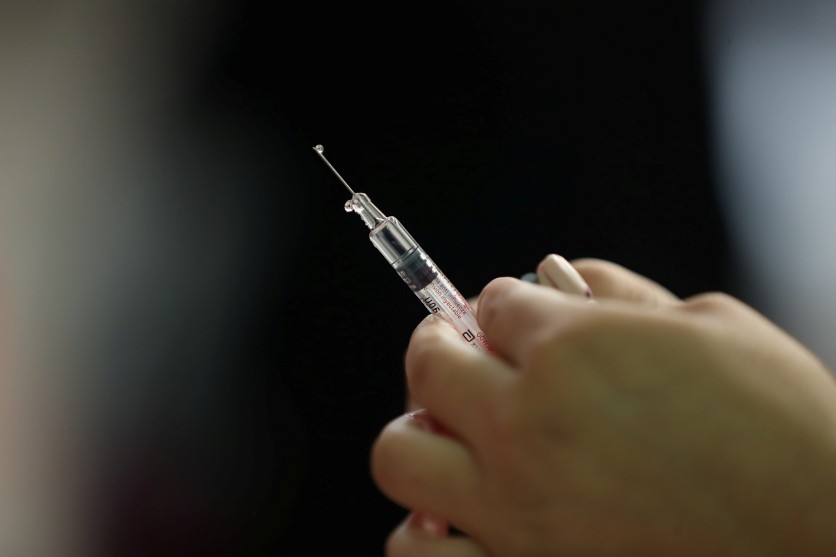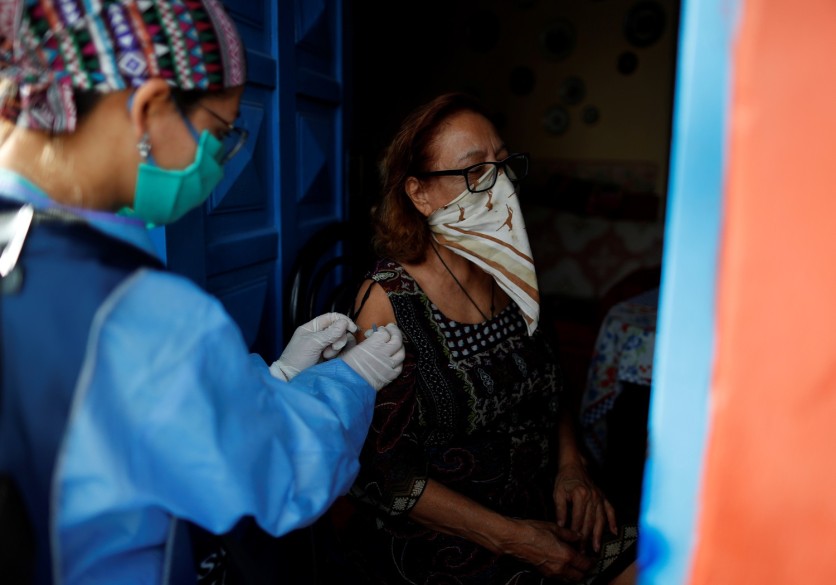Dr. Anthony Fauci said it is "unlikely" for America to gain sufficient levels of immunity to combat the coronavirus pandemic.
The director of the National Institute of Allergy and Infectious Diseases said on Sunday, June 28, that he would settle for a vaccine that is only 70% to 75% effective, which gives incomplete protection, as a fully efficient jab may be improbable.
Also, many Americans say they will not get a coronavirus vaccine, based on a CNN poll last month, making it impossible to completely wipe out the virus.

One-third of Americans who answered the poll said they would not get a COVID-19 vaccine, even if it becomes available at low cost. In the next three months, three coronavirus vaccines will be carried out in large-scale clinical trials with government support.
Coronavirus herd immunity in the US looking bleak
"The best we've ever done is measles, which is 97 to 98 percent effective," Fauci told CNN in an interview. "That would be wonderful if we get there. I don't think we will," he said.
With only two-thirds of the population receiving a vaccine with 70% to 75% efficacy, Fauci said it is "unlikely" for the U.S. to achieve coronavirus herd immunity. Such a situation is realized when a part of the populace has immunity to an infectious disease through prior illness or vaccination, so individual transmission is unlikely to happen.
Meanwhile, Fauci said it would be difficult to spread COVID-19 vaccine awareness amid the "general anti-science, anti-authority, anti-vaccine" feeling among a large portion of the population. With the persistence of the anti-vaccine movement, Fauci noted that there is "a lot of work to do" to inform people about vaccines.
"Anyone [who] thinks it will be easy is not facing reality. It's going to be very difficult," he said.
Contact tracing not doing well
To prevent the further spread of the coronavirus, public health officials are quarantining infected people, tracing who they get in contact with, and isolating them as well. However, Fauci said he thinks the U.S. is not "doing very well" with contact tracing.

"If you go into the community and call up and say, 'how's the contact tracing going?' the dots are not connected because a lot of it is done by phone," he said adding that half of the people do not even want to talk to authorities.
Instead of the phone-in contact tracing, Fauci suggests authorities "to go out there and look for the people."
Also, many infected people do not have symptoms, so it is impossible to track who they get in contact with. In areas with community transmission of the virus, 20% to 40% of people who tested positive for COVID-19 are asymptomatic.
"When you have community spread, it's insidious because there are so many people in the community who are infected but asymptomatic," said Fauci adding that the standard concept of identification, isolation, and contact tracing no longer works regardless if authorities are doing well with their job since they do not know who they are tracing.
ⓒ 2025 TECHTIMES.com All rights reserved. Do not reproduce without permission.




